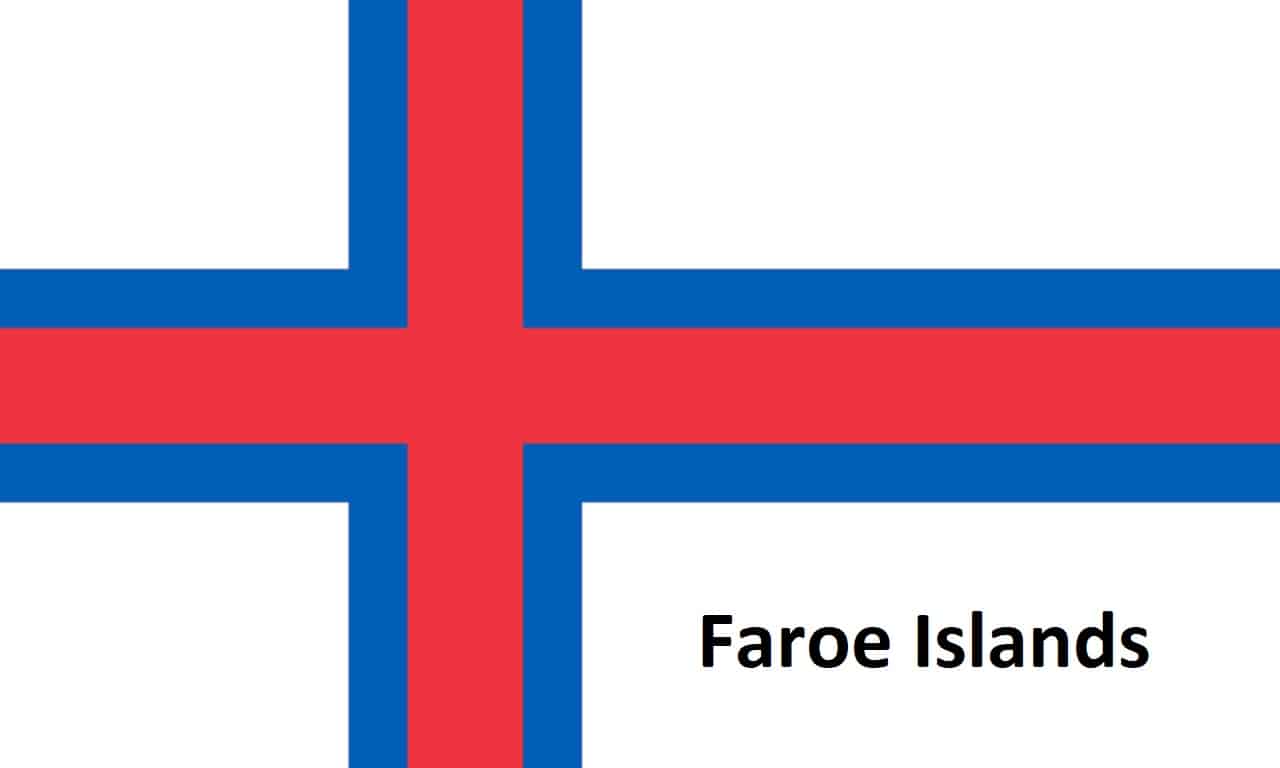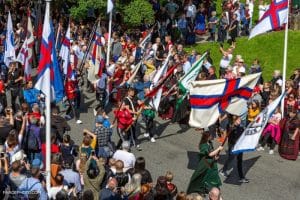Headlines
The Faroe Islands: A Self-Governing Archipelago with a Rich Cultural Heritage

The Faroe Islands, a self-governing archipelago, is located in the North Atlantic Ocean between Iceland and Norway. The early history of the Faroe Islands is unclear, but it is believed that Norsemen settled the islands in the 9th or 10th century. The islands were officially converted to Christianity around the year 1000 and became a part of the Kingdom of Norway in 1035. Norwegian rule on the islands continued until 1380, when the islands became part of the dual Denmark–Norway kingdom, under king Olaf II of Denmark.
See Population, Official Language And More…

Faroe Islands
During World War II, after Denmark was occupied by Nazi Germany, the British invaded and occupied the Faroe Islands until shortly after the end of the war. Following an independence referendum in 1946 that took place unrecognized by Denmark, the Faroe Islands were in 1948 granted extended self-governance with the Danish Realm with the signing of the Home Rule Act of the Faroe Islands.
The Faroe Islands have a rich cultural heritage and are known for their unique language, music, and cuisine. The Faroese language is a North Germanic language spoken by approximately 50,000 people worldwide. The traditional music of the Faroe Islands is characterized by its haunting melodies and intricate harmonies. The most popular instruments used in Faroese music are fiddles, accordions, and mandolins.
The cuisine of the Faroe Islands is heavily influenced by its location and climate. Fish and seafood are staples of Faroese cuisine, with salmon and cod being particularly popular. Other traditional dishes include fermented mutton (skerpikjøt), dried fish (ræstur fiskur), and whale meat.
In conclusion, while much of early Faroese history remains shrouded in mystery, it is clear that this archipelago has a rich cultural heritage that has been shaped by its unique location and history. From its Norse roots to its modern-day status as a self-governing territory within Denmark, the Faroe Islands have much to offer visitors interested in history, culture, and natural beauty.





